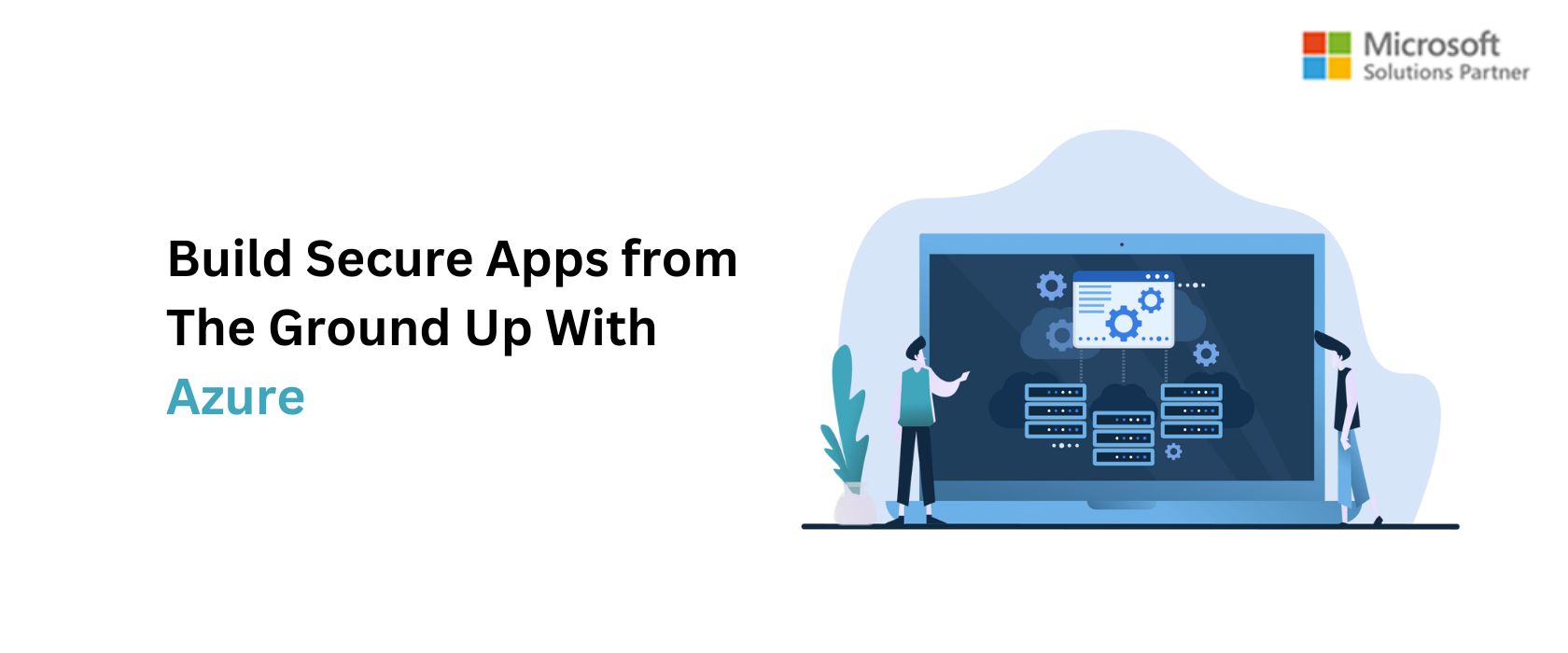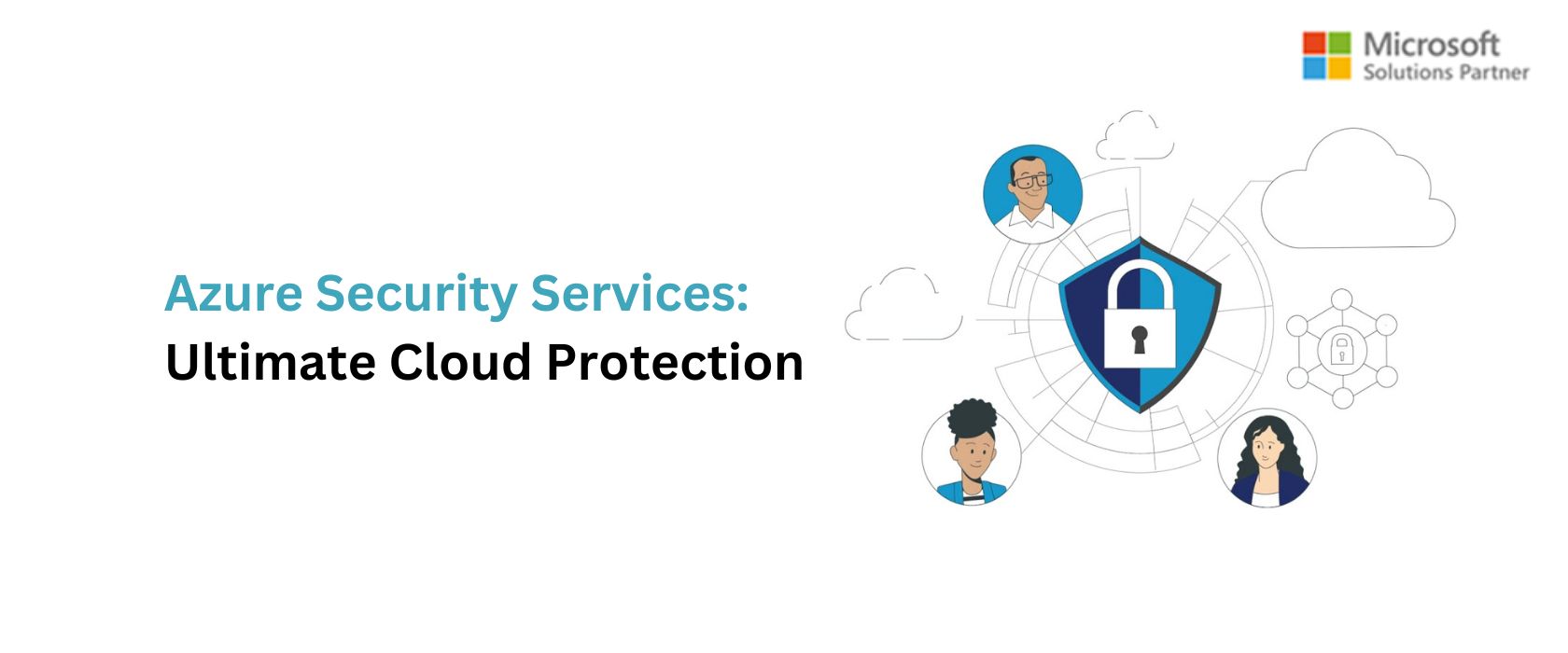Securing Your Applications in Azure: Best Practices for Implementing Secure Development

Cloud application security is essential in the modern digital world. With Microsoft Azure providing a comprehensive set of tools and services, developers can ensure the security of their apps with the help of robust resources and Azure Security Services. Adopting secure development techniques in Azure strengthens your cloud infrastructure overall and protects your data as well. This is how you can improve Azure application security.
Key Practices for Securing Your Azure Applications
The following points offer a concise overview of essential practices for securing your applications in Azure:
1. Adopt Secure Coding Practices
The foundation of application security starts with the code itself. Adopt secure coding practices to mitigate vulnerabilities such as SQL injection, cross-site scripting (XSS), and cross-site request forgery (CSRF). Utilize static code analysis tools like Azure DevOps Pipelines combined with tools like WhiteSource or Snyk to automatically scan and identify potential security flaws in your code.
2. Leverage Azure Key Vault for Secrets Management
Storing sensitive data such as API keys, passwords, and certificates securely is essential. Azure Key Vault provides a centralized location for managing and protecting secrets, encryption keys, and certificates. Integrate Azure Key Vault with your application to ensure that sensitive data is not hard-coded or exposed in your source code or configuration files.
3. Implement Role-Based Access Control (RBAC)
Ensure that your application components and users only have the permissions they need. Azure’s Role-Based Access Control (RBAC) allows you to assign specific roles to users and resources, ensuring minimal privilege access. This reduces the risk of unauthorized access and potential damage from compromised accounts.
4. Use Azure Security Center for Continuous Monitoring
Azure Security Center offers integrated security monitoring and policy management across your Azure resources. By enabling Security Center, you gain access to a unified view of your security posture, enabling you to detect and respond to potential threats in real time. Use its recommendations to strengthen your application’s security configuration continuously.

5. Implement Application Gateway and Web Application Firewall (WAF)
Azure Application Gateway, combined with Web Application Firewall (WAF), provides robust protection against common web vulnerabilities and threats. WAF rules can be customized to block malicious requests and filter out potentially harmful traffic, enhancing the security of your web applications.
6. Regularly Update and Patch Your Dependencies
Keeping your application dependencies up to date is crucial to prevent security vulnerabilities. Regularly review and update third-party libraries and frameworks used in your applications. Azure DevOps Services can automate this process through continuous integration and deployment pipelines, ensuring that updates are applied consistently.
7. Enable Logging and Monitoring
Comprehensive logging and monitoring are vital for detecting and responding to security incidents. Utilize Azure Monitor and Azure Log Analytics to collect, analyze, and visualize log data from your applications. Set up alerts for suspicious activities and regularly review logs to identify and address potential issues.
8. Conduct Regular Security Assessments
Conduct regular security assessments, including vulnerability scans and penetration testing, to identify and address security weaknesses in your application. Azure offers tools like Azure Sentinel for advanced threat detection and analysis, helping you stay ahead of potential security threats.
A multi-layered strategy including access control, continuous monitoring, and best practices in coding is needed to secure your apps running on Azure. By putting these secure development principles into practice, you can guarantee a durable cloud environment and safeguard your apps from potential attacks. Consider getting in touch with CloudIBN for specialized advice and knowledgeable support in enhancing your cloud security posture. Our Azure Architect Services, Azure Cloud Consulting, and Azure Security Services are designed to help you navigate and implement the best security practices for your specific needs. Contact us today at 020-711-79584 or visit our website www.cloudibn.com to learn how we can help secure your applications and optimize your Azure environment.